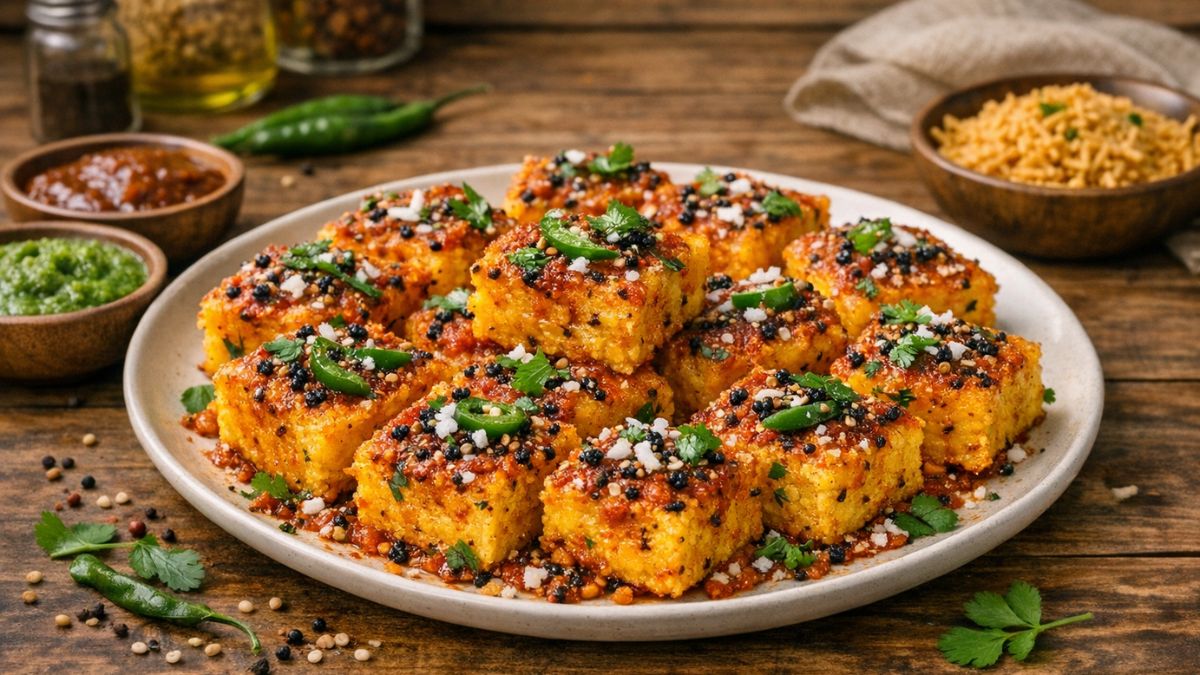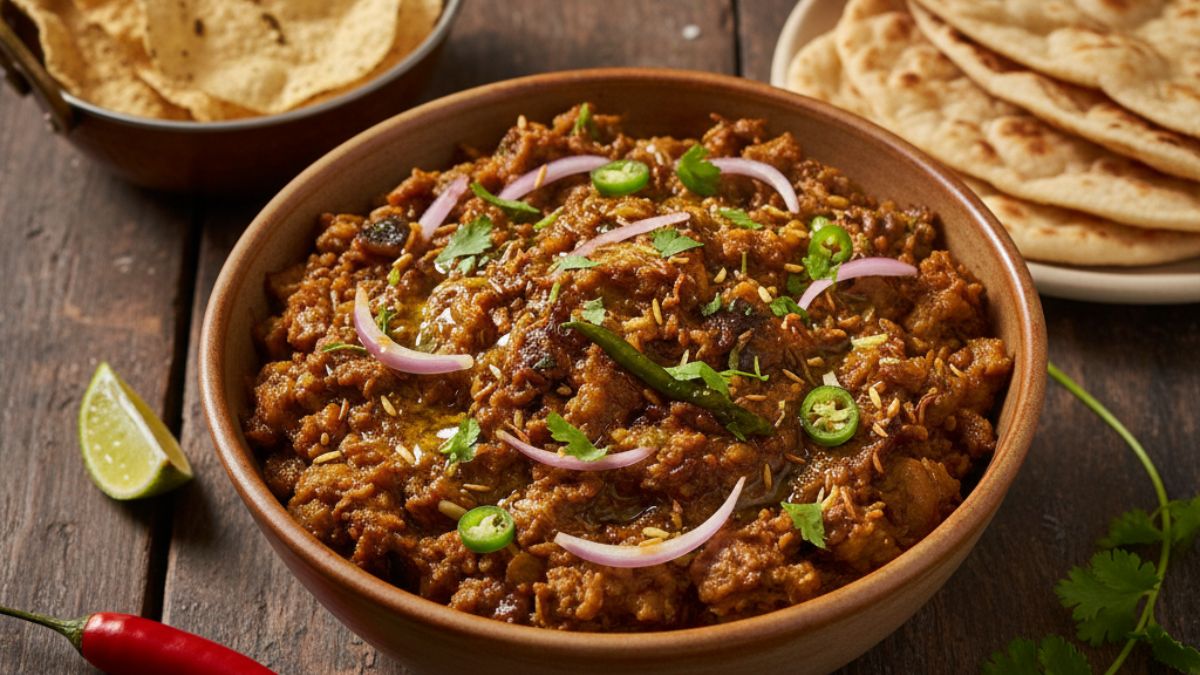Summer is officially here and most of us are cooling off with a bowl of curd. A spoonful of it with lunch or a glass of it in the evening, nothing feels more refreshing in this heat. But have you ever been told that eating curd might give you a cold? With the weather constantly changing, chances are you have heard this more than once. Maybe your mum warned you not to have it at night, or a friend skips it entirely when dealing with a sore throat. It is one of those common beliefs that no one questions too much. So, is there actually anything to it? Here is what the experts really say about this everyday probiotic.

What Are The Health Benefits Of Eating Dahi?
Before we get into whether or not dahi causes cold and cough, let us look at why curd is such a loved kitchen staple. Good for Digestion: Curd is a natural probiotic and is packed with live bacteria. These friendly bacteria boost gut function and are great for easing an upset stomach. Gives You Glowing Skin: Eating curd helps moisturise your skin and promotes natural healing. A happy gut often reflects on the skin, making it look healthier. Reduces Blood Pressure: According to a study by the American Heart Association (AHA), those who had more non-fat yoghurt were less likely to develop high blood pressure. Great For Bones: Thanks to its calcium content, curd helps maintain and strengthen bone density. It is also low in fat and calories, which helps in managing your weight.
Can Eating Dahi Cause Cold?
Absolutely not! Colds and coughs happen because of viruses. Nutritionist Amita Gadre explains that curd is made using a bacteria called Lactobacillus. So, catching a cold or cough from dahi is simply not possible. As for eating curd at night, there is no issue with that either. Your body reacts to dahi the same way whether you eat it during the day or at night. She adds that curd is a brilliant probiotic and a rich source of protein that is easily available. So go ahead and have dahi without overthinking it-it is good for your digestion and protein needs.
Also Read:Eating Dahi Every Day? Stop Pairing It With These Foods Right Now

Who Should Avoid Curd?
Most people can safely eat curd and benefit from it. That said, nutritionist Shilpa Arora shares, "Only people prone to Asthma or cough and cold should avoid curd for dinner as it is mucus causing. For dinner, opt for chaas or raita (maybe mint and jeera raita) to aid digestion. You could also add fenugreek to calm the stomach of any indigestion."
Also Read:11 Best Probiotic Foods To Eat For Gut Health
What Is The Best Time To Consume Probiotics?
Now that it is clear that eating dahi will not make you sick, let us talk about when to actually have it. Nutritionist Shalini Sudhakar says that the best time to eat probiotics is after meals. Our gut holds about 100 trillion bacteria-some helpful, some not. While harmful bacteria mess with digestion, good ones help break down food and make digestion smoother. She adds, "Finishing your meal with a probiotic improves digestion, enhances nutrient absorption, and prevents bloating."
(Disclaimer: This content including advice provides generic information only. It is in no way a substitute for qualified medical opinion. Always consult a specialist or your doctor for more information. NDTV does not claim responsibility for this information.)
About Nikita NikhilMeet Nikita, a passionate soul with an insatiable love for two things in life: Bollywood and food! When she's not indulging in binge-watching sessions, Nikita can be found behind the lens capturing moments or expressing her creativity through painting.











